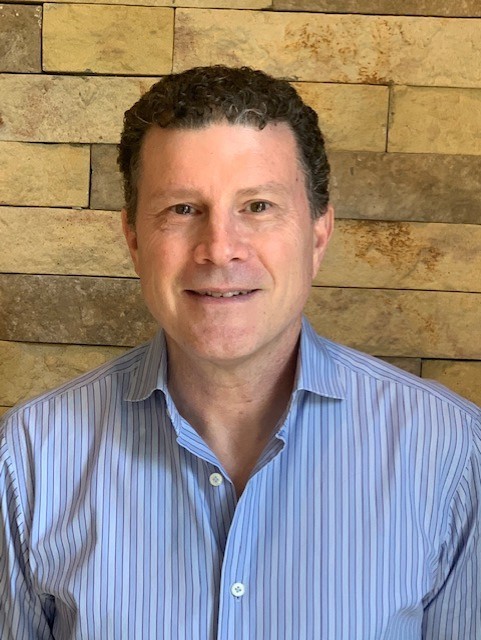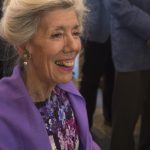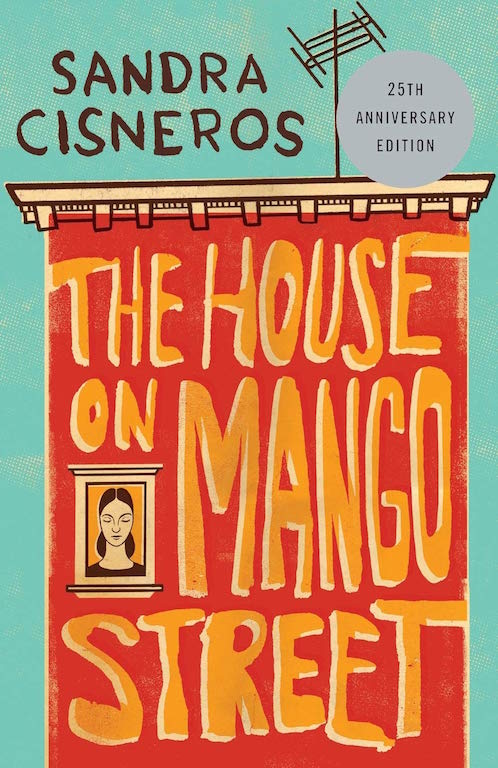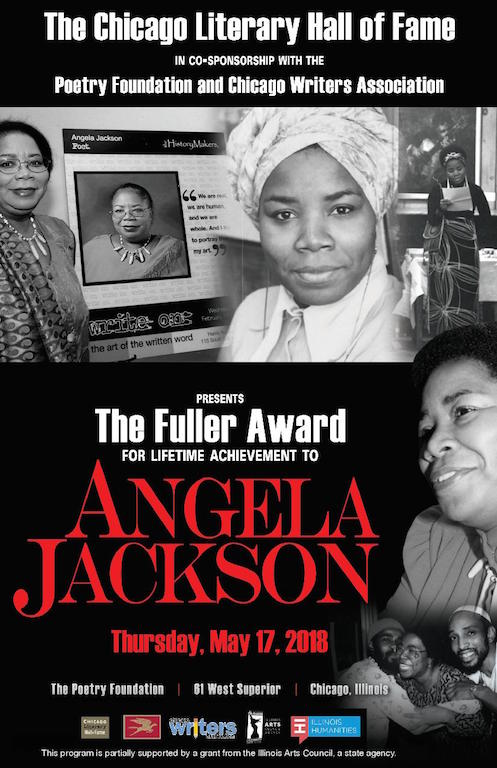
By Judy Carmack Bross

Scott Blackwood
Writing the book that convinces readers to stay up all night to find out who did it, using food to evoke memories in a class entitled “Mangoes & Cotton Candy” or how to tell your story in 750 words–there’s something for all writers at the Northwestern University Summer Writers’ Conference to present online seminars July 30-31.

Award-winning authors will offer seminars on how to generate dramatically rich scenes, evoke memories through metaphors, and layer your writing with suspense. Successful writers will get down to the business of selling your work with tips on attracting agents and publishers and entering contests. Sponsored by the Northwestern University School of Professional Studies MA and MFA in Prose and Poetry programs, the Conference welcomes authors at all levels.
Being virtual, the Conference has attracted top participants joining in from across the country. We loved previewing some of their tips.

Juan Martinez
Colombian fiction writer Juan Martinez titles his seminar “Dirty Tricks” and will offer five elements of fiction that are guaranteed to make your stories more exciting. We loved this one:
“A lot of British writers from the 19th century and then more recent authors have tried this silly but useful trick: add an animal character to your book. A cute dog goes a long way. Dickens and Shakespeare knew this. Vladimir Nabokov, and Elizabeth McKenzie in her wonderful book The Portable Veblen, brought in squirrel characters with obvious success.”
Martinez, whose wife also is a writer, lives in Versailles, Kentucky, and recently competed in a commissioned story in “a strange window of time between 4:30 and 6:20 a.m.” when his two-month-old daughter naps and an older brother wakes up. We can’t wait to hear his other four tips which Martinez, whose stories are widely published, promises will be wildly useful.

We spoke with Donna Seaman, essayist, Booklist adult books editor, professor, advisor to the National Writer’s Museum, and author of Identity Unknown: Rediscovering Seven American Women Artists. Seaman and award-winning journalist and writer Natalie Moore will discuss “Interviewing as an art form, tool, and political act.”

Donna Seaman
“Inspirational, that’s what this Conference can be for all participants. It is so important to feel supported and understood as a writer and to be part of a community. The instruction is on a very high level and all the teachers and writers are committed to the deep enjoyment of literature and this year since the Conference is virtual, some of the very best in the field can participate from around the country.

“In the workshops, you get lots of specifics. The leaders talk crafts, how to write and re-write, and that all-important advice on how not to get discouraged. Writing offers you so much, including the ability to play with words. It is an alternative reality where you have control.”
Seaman says that she has “two goddesses” in the writing field: author and conservationist Terry Tempest Williams and Chicago author Sandra Cisneros.

“I am always astonished by Williams’ depths of courage, warmth, and spirit. Cisneros is just so nimble. She is so caring in both her poetry and prose and deeply focuses on her joy and freshness.
“Anything in the world that you care about you can find someone out there who cares about it, too and has written about it. You can reach out to them by reading.”
What are a couple of her interviewing tips?
“Always be totally ready in your research and be prepared to abandon your prepared questions.”
We asked Seaman about her work.
“I love writing essays about books and about places where you find books like libraries and bookstores, how it feels to be in a book-rich environment.”
The Seminary Co-op Bookstores in Chicago is marking its 60th anniversary this year by introducing several initiatives, including the imprinting of Ode Books, which celebrates book spaces and the book industry. Seaman is one of the authors under contract for the project.
Texan Scott Blackwood whose novel See How Small won the 2016 PEN USA Award for fiction, will teach the nature of Suspense–making things appear when you least expect it.
“Think Hamlet. Think Breaking Bad. If characters speak in ominous terms about a ghost they have seen or heard about in the first sections of a story, we have a desire to see the ghost appear in a scene. The catch? We want it to surprise us. We want its appearance both to reveal and conceal elements of the story, to create a tension between our appetite to know and the temporary frustration of not knowing. This is suspense, the engine that drives the story, and it works on both the macro (plot) and micro (sentence) levels of storytelling. Complicating things is my favorite approach.”
The Austin, Texas resident was just hired as Distinguished Professor of Creative Writing at Hollins College in Roanoke. He teaches creative writing at Northwestern this summer. We asked what he tells his students to do if they encounter writer’s block.
“Often MFA and Ph.D. students stop taking chances with their writing. You have to take chances, push yourself beyond, get into speculation and let your imagination leap. The filter that I use in all my classes is risk-taking and I push my students to do this.
“A favorite book is 2666 by Roberto Bolano which we study in a class I teach on experimental literature. He takes every chance to make it just right.”
For more information about the rich offerings for the 2021 Northwestern University Writers Conference which could make your writing “just right,” go to sps.northwestern.edu

















